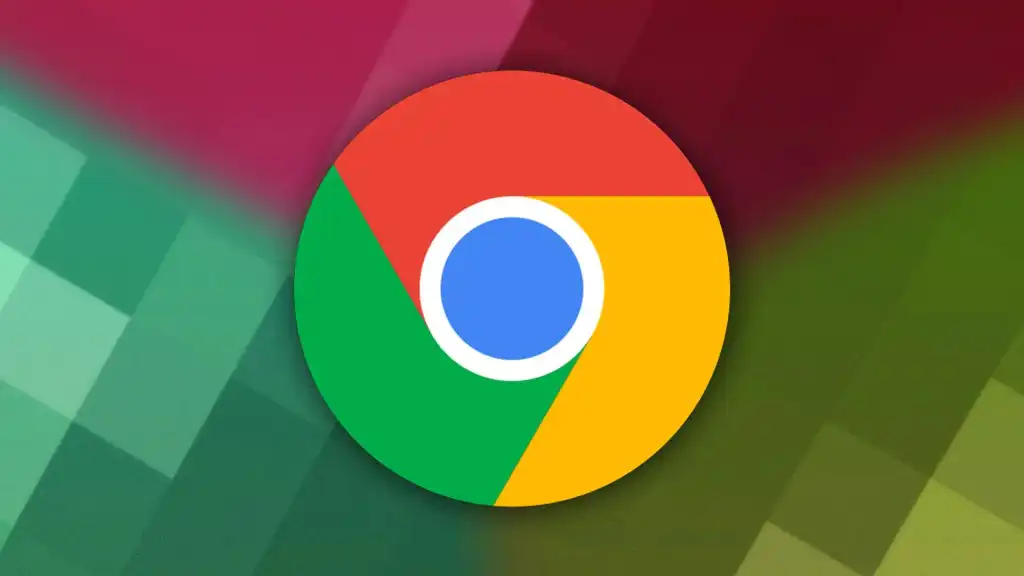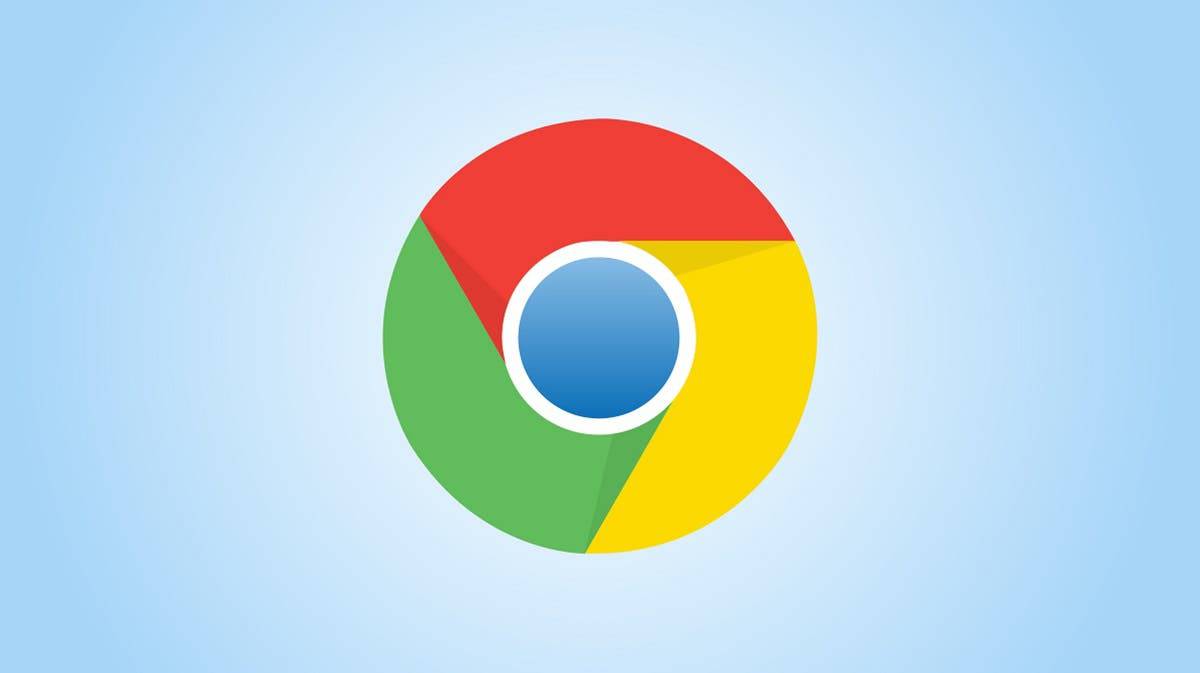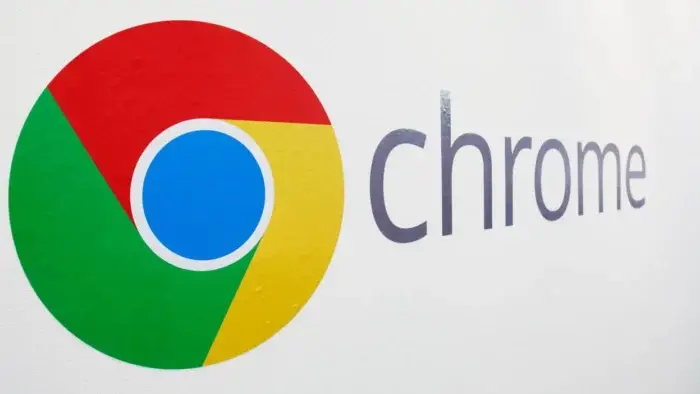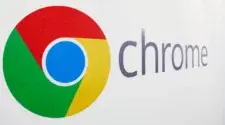In a bold move, Google Chrome is set to bid farewell to its existing extension framework, Manifest V2, next year, as it ushers in the era of Manifest V3. The tech giant recently announced that Manifest V2 will be discontinued in June 2024, marking a significant shift in the Chrome extension landscape. Extensions still reliant on V2 will be remotely deactivated, and any attempts to install them via the Chrome Web Store will be thwarted.
Navigating the Transition: Google Chrome’s Manifest V3 Evolution

Manifest V3 has not been without controversy, especially among adblock developers who have voiced concerns about its perceived limitations. In response to these concerns, Google has taken steps to address issues and enhance the new extension manifest. A recent blog post by the company outlines key improvements made to Manifest V3, aiming to alleviate developers’ reservations.
One major enhancement highlighted by Google is the improved content filtering support in Manifest V3, featuring more generous limits. This improvement allows for the creation of more extensive block lists and rule sets, empowering developers to refine and optimize their extensions further. Additionally, extensions relying on background playback receive attention with better control over service worker lifetimes, contributing to a smoother user experience. Google introduces a new User Scripts API as part of the package, offering additional flexibility and capabilities for developers.
Last December, Google faced a substantial backlash from developers, prompting a temporary pause in the transition to Manifest V3. Now, the company appears confident that the necessary adjustments have been made to address developers’ concerns. The plan is to phase out Manifest V2 with the release of Chrome 127 and newer in June 2024. Google emphasizes a gradual implementation of this change, providing some users with the opportunity to retain their extensions a little longer.
Enhancing User Experience: Google Chrome’s Transition to Manifest V3

Google encourages developers to embrace Manifest V3 promptly, asserting that there has been a significant increase in support for the new manifest among the developer community. The blog post highlights AdGuard as an example, a collaborator with Google in refining Manifest V3 to better suit tracker and ad-blocking functionalities. AdGuard expresses a sense of “cautious optimism” regarding the changes, indicating a potential thaw in developer skepticism.
However, not all voices in the tech community are satisfied with the improvements in Manifest V3. The Electronic Frontier Foundation (EFF), a digital privacy nonprofit, acknowledges Google’s efforts. But points out a persistent issue: the potential stifling of innovation for extensions. According to the EFF, if extensions cannot evolve, users may lose out while trackers and advertisers gain an upper hand. The organization emphasizes the ongoing responsibility on Google’s part to continually update the API to keep pace with the ever-evolving landscape of advertisers and trackers.
Coinciding with the push for Manifest V3 adoption is Google’s crackdown on ad-blockers, particularly on its video-sharing platform, YouTube. Google has taken a more aggressive stance against users employing ad-blocking tools. Denying access to videos as long as these blockers are active. This approach has sparked privacy lawsuits in the European Union. As critics argue that the measures taken by YouTube raise concerns about user privacy and freedom of choice.
As the tech world braces for the Manifest V3 transition, the evolving landscape of Chrome extensions brings forth challenges and opportunities. Developers find themselves at a crossroads, weighing the benefits of Manifest V3 against concerns about innovation limitations. Meanwhile, users navigating the ad-blocker battleground witness the unfolding dynamics between tech giants and digital privacy advocates. The coming months will undoubtedly shape the future of Chrome extensions. With Manifest V3 at the center of this transformative journey.





